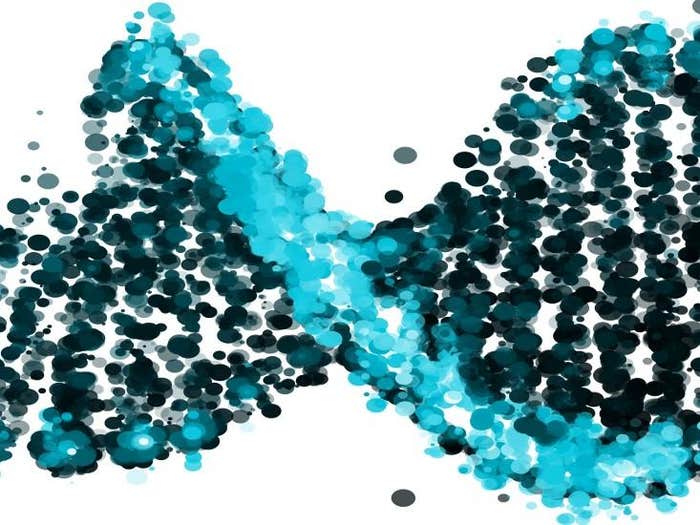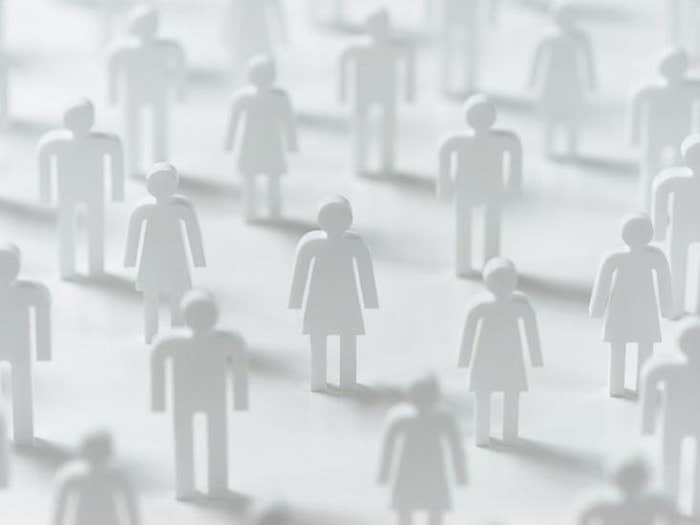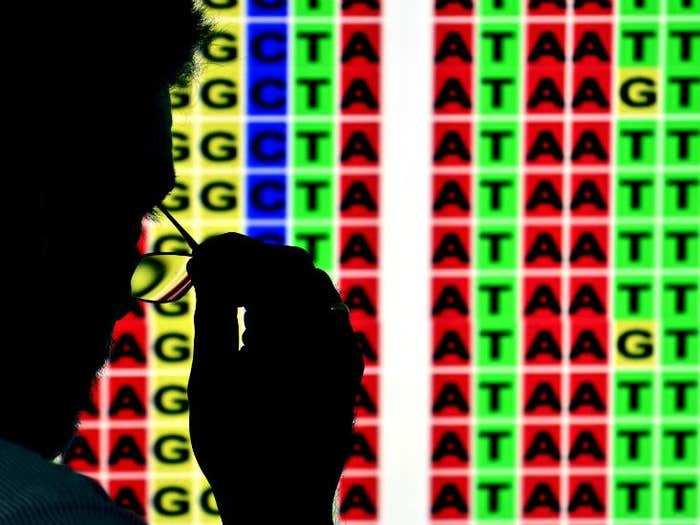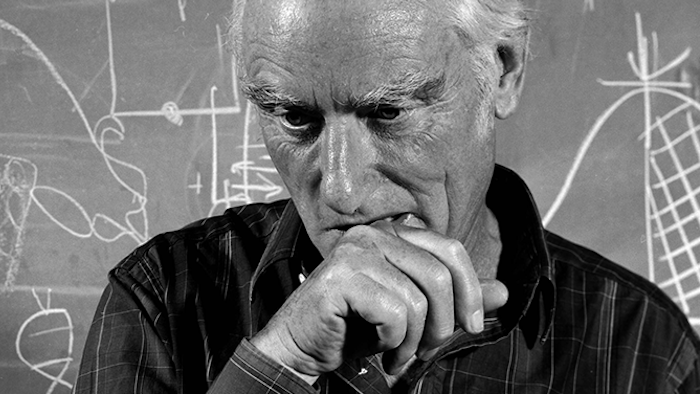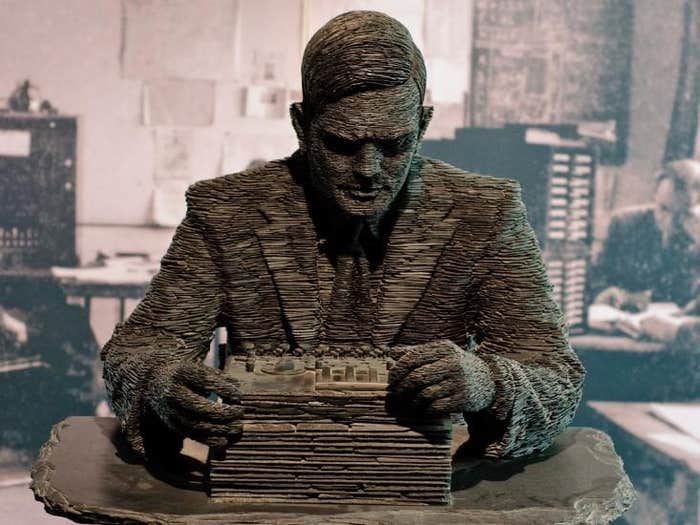Issue_21
26 articles-
Big Data Helps Find the Achilles Heel of Each Individual Cancer
In January, the pharmaceutical company Roche paid more than a billion dollars to buy about half of a small company called Foundation Medicine. Foundation has not invented any new drugs or life-saving devices. Most insurance companies won’t pay for its main product, and like a lot of biotech companies, it loses money. Nautilus Members enjoy an […] -
5 Languages That Could Change the Way You See the World
How habits of speech can shape our thoughts. -
How Odd Behavior in Some Young Horses May Reveal a Cause of Autism
By gently squeezing maladjusted foals, veterinary researcher John Madigan recreates the experience of traveling through the birth canal, lowering the levels of certain neurosteroids and “waking up” the young horses.Joe Proudman / UC Davis Nautilus Members enjoy an ad-free experience. Log in or Join now . As a toxicologist at the University of California, Davis, […] -
The Death of Hundreds Is Just a Statistic—But It Doesn’t Have to Be
Imagine that tomorrow I were to show you a newspaper article describing a deadly wildfire. Do you think you’d be more upset upon reading that 10,000 people died than if you read that five people died? Nautilus Members enjoy an ad-free experience. Log in or Join now . This scenario makes people engage in affective […] -
Is DNA the Language of the Book of Life?
Thinking of nucleobases as a long sequence of letters may contribute to the illusion that DNA is a language.Neil Palmer / CIAT via Flickr Nautilus Members enjoy an ad-free experience. Log in or Join now . When we talk about genes, we often use expressions inherited from a few influential geneticists and evolutionary biologists, including […]
-

Mario Livio on 25 Years of Hubble
The astrophysicist looks at the history of the world’s most famous telescope.
-

Did Grief Give Him Parkinson’s?
These identical twins led virtually identical lives—with one tragic exception.
-
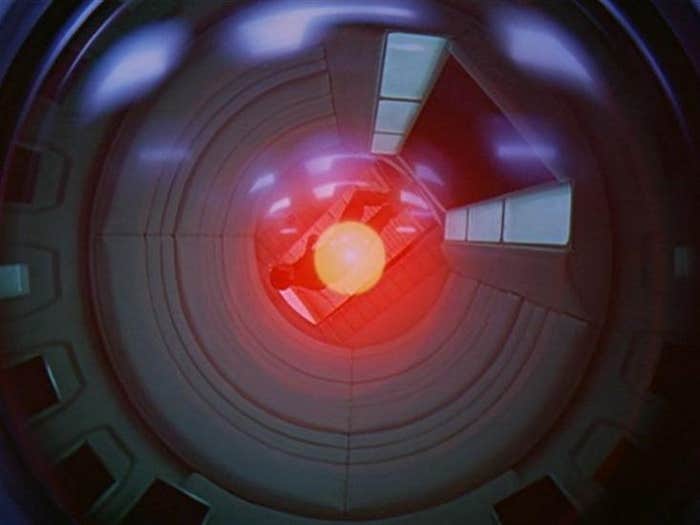
Will Humans Be Able to Control Computers That Are Smarter Than Us?
Let’s consider the fear that once surrounded another powerful technology: recombinant DNA.
-

Mumbling Isn’t a Sign of Laziness—It’s a Clever Data-Compression Trick
Many of us have been taught that pronouncing vowels indistinctly and dropping consonants are symptoms of slovenly speech, if not outright disregard for the English language. The Irish playwright St. John Ervine viewed such habits as evidence that some speakers are “weaklings too languid and emasculated to speak their noble language with any vigor.” If […]
-
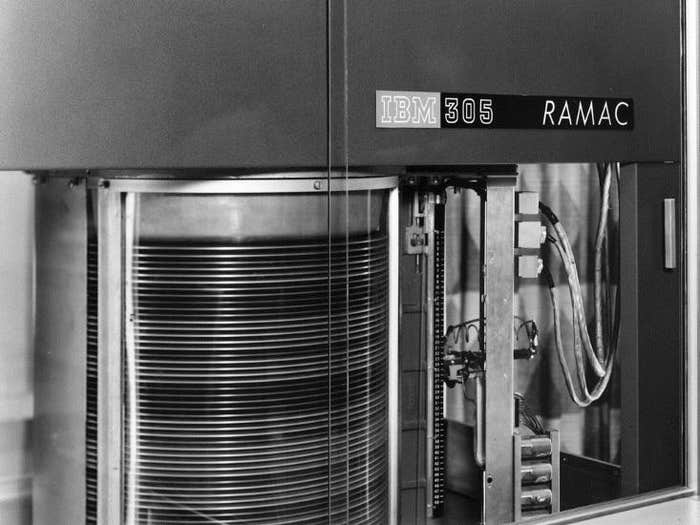
The Brilliant “Baloney Slicer” That Started the Digital Age
How the hard disk drive married two very powerful concepts.
-
Why Spaceflight Will Never Be as Safe as Modern Aviation
Charles Lindbergh in 1923, four years before his trans-Atlantic flight. Nautilus Members enjoy an ad-free experience. Log in or Join now . A light drizzle greeted Charles Lindbergh as he arrived at Roosevelt Field on May 20, 1927, at a little before three in the morning. Weeks of rain had ensured that the runway at […] -
Making Sense of Data Stored in Our Machines—& in Our Heads
The 2008 animated movie Waltz With Bashir starts with 26 bloodthirsty dogs hurtling down a road, causing havoc and terrorizing nearby people. It turns out to be a dream: Boaz Rein-Buskila keeps seeing that image while sleeping and can’t figure out why. He shares it with his friend, Ari Folman, hoping Folman, the director of […] -
Goodbye, Turing Test; Bring on the Turing Decathlon
A statue of Alan Turing by sculptor Stephen Kettle made entirely of pieces of slate. The statue depicts Turing working on an Enigma machine, which the Nazis used to encode messages, and is located at Bletchley Park, the British-government site where Turing and colleagues did their code-breaking. Photo by Richard Gillin via Flickr Nautilus Members […] -
Is Your Theory of Everything Pure Enough?
Fundamental theories of nature aren’t allowed to hide information. -
Is Your Theory of Everything Pure Enough?
Fundamental theories of nature aren’t allowed to hide information.



















